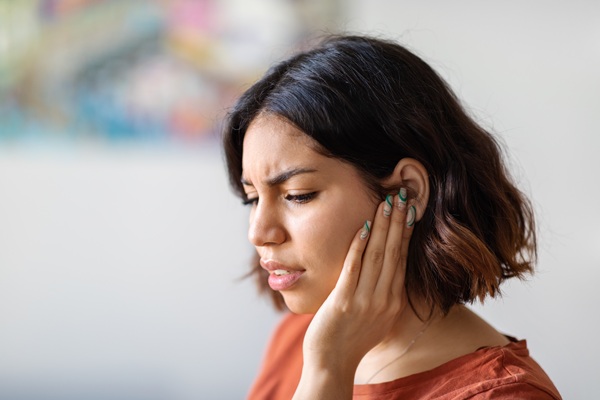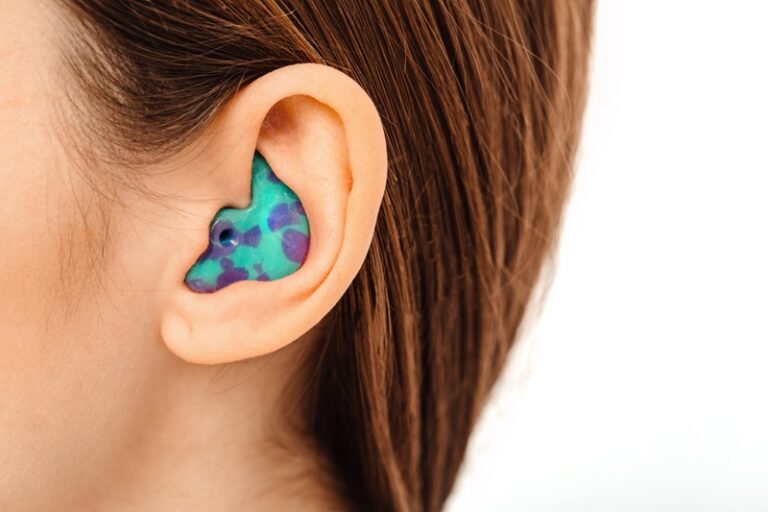Hearing loss can affect many people, not just on certain occasions, but also in their everyday communication and hearing. It may be challenging for them to hear even the most common sounds, like the doorbell, the whistle of the kettle or even the alarm going off. Fortunately, assistive listening devices (ALDs) already exist and can make a big difference in daily life.
Before we get ourselves these devices, let’s explore first what assistive listening devices are, the different types available, how they help, and how you can get assistive listening device support through services like those offered at Audience Hearing.
What are Assistive Listening Devices?
Assistive listening devices (ALDs) are tools designed to help people with hearing loss hear better in situations where hearing aids alone may not be enough. They are not used to replace hearing aids, but work alongside them or on their own to improve sound quality and reduce background noise.
These devices are useful in a variety of settings, such as:
- Noisy restaurants
- Classrooms
- Theatres or churches
- Watching TV at home
- Talking on the phone
In short, ALDs help people better understand speech and sounds in specific environments, especially when there is distance or background noise involved.
How Do Assistive Listening Devices Work?
Most ALDs work by bringing the sound source closer to your ears and reducing unwanted noise. They use microphones to pick up sound, transmit it wirelessly or through cables, and deliver it directly to your ears, either through headphones, earbuds, or through your hearing aids.
Some systems use FM (frequency modulation) or infrared technology, while others rely on Bluetooth or loop systems. Because of these, the wearer receives clearer sound and better understanding.
Who Can Benefit from Assistive Listening Devices?
ALDs can help people with all degrees of hearing loss, including those who:
- Have trouble hearing in noisy environments
- Want better sound when watching TV or using the phone
- Need help hearing from a distance (like in large rooms)
- Use hearing aids but still struggle in some situations
- Are not ready or not able to wear hearing aids
These ALDs are also commonly used in public spaces to ensure accessibility for people with hearing challenges. However, before anyone can recommend these devices, a consultation with an audio expert is needed for better diagnosis and advice.
Types of Assistive Listening Devices
There are several types of assistive listening devices available, depending on where and how you need help hearing. Let’s look at the most common ones:
1. Personal Amplifiers
These are small, portable devices that use a microphone and headphones or earbuds to amplify sound around you. They are helpful for one-on-one conversations or watching TV in quieter settings.
2. FM Systems
FM systems are often used in classrooms or group settings, where they use radio signals to send sound directly from a microphone (worn by the speaker) to a receiver worn by the listener. These types of assisted listening devices are great for children and students with hearing loss.
3. Infrared Systems
These use light waves to send sound signals and are common in theatres or conference rooms. They require a clear line of sight between the transmitter and the receiver.
4. Induction Loop Systems
Induction loop systems are also called hearing loop systems that are found in public spaces like banks or auditoriums. A wire loop around a room transmits sound directly to hearing aids that are equipped with a telecoil (T-coil) feature.
5. Bluetooth and TV Streamers
These devices connect your hearing aids or headphones to your phone, tablet, or television via Bluetooth. They allow you to hear calls, music, or shows directly in your ears with less interference.
6. Alerting Devices
These alerting devices do not quite help with hearing speech, but they great with people who have hearing loss stay safe and aware. They include vibrating alarm clocks, flashing doorbells or smoke detectors that signal with lights or vibrations.
How to Get Assistive Listening Device Support
If hearing is already challenging for you, you might wonder if you can get assistive listening devices or at least expert guidance from qualified audiologists. If you are on the hunt to get assistive listening device help or guidance, the first step is speaking to a hearing care professional.
When you are in Leppington, Liverpool, Mollymook or Mt Anna, Audience Hearing is here to provide assistive listening device service that includes:
- Assessment of your hearing needs
- Recommendation of the best ALDs for your lifestyle
- Fitting and setup of the device
- Ongoing support and adjustments
Our audiologists are here to offer support and expert guidance, whether you need a simple amplifier for personal conversations or a more advanced system for your home or workplace, we are here to help you find what works best for you.
A Small Device Can Make a Big Difference
Assistive listening devices may be small, but the impact they can have on your daily life is big. If hearing your grandchild’s voice more clearly, enjoying a TV show without turning the volume up too high, or keeping up during meetings or worship services are some of your challenges, ALDs can help you stay connected and independent.Receive guidance and help from our audiologists at Audience Hearing. Know more about these assistive listening devices, and which ones are best for you by booking a consultation with us today.



